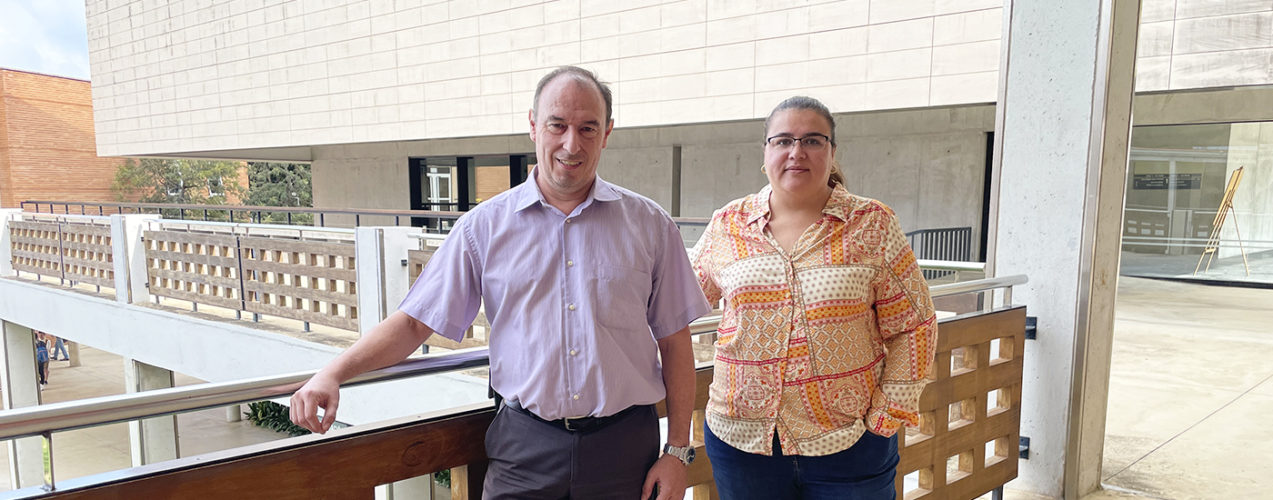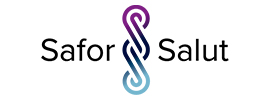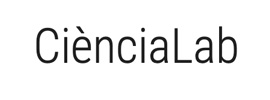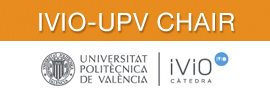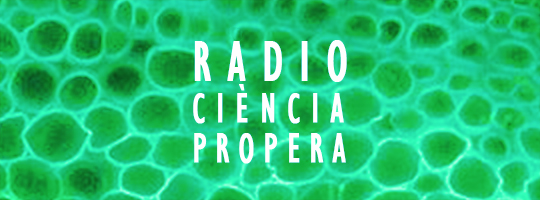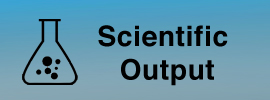Jaime Lloret and Sandra Sendra, from Campus Gandia of the Universitat Politècnica de València (UPV), head “Smart edge cOmputing in Heterogeneous wireLess sensor networks for precision agricUlture and DigiTal FarmIng DisseminatiON (SOLUTION)”. This is a subproject included in an ambitious coordinated project, “Woody Crop Observatory: Smart, sustainable, and competitive digital farming for farmers, researchers, consumers, and educational community (AGRICULTURE 6.0)”, which aims to develop a monitoring platform and digitalization of agriculture as an observatory for woody crops, to achieve the sustainability and competitiveness of the sector and move the primary production process closer to the digital society.
To achieve this objective, two other entities have come together -the University of Valencia (UV) and the Madrid Institute for Rural, Agrarian and Food Research and Development (IMIDRA)- which, like the UPV, stand out for their experience in similar projects and in their knowledge of the industry.
The project is funded by the State Plan for Scientific, Technical and Innovation Research for the period 2021-2023. AGRICULTURE 6.0 has a budget of 654,235 euros (267,950 euros of this will be allocated to the SOLUTION subproject).
AGRICULTURE 6.0
The AGRICULTURE 6.0 project merges three subprojects with multidisciplinary activities that require the coming together of experts from different fields (environmental sciences, education, sensors, artificial intelligence, etc,) to work in a coordinated manner. Consequently, the starting point of this program was the knowledge and experiences of the three participating institutions.Además, con él se da continuidad a colaboraciones anteriores y actuales establecidas entre la UPV-IMIDRA y la UPV-UV.
Wireless sensor networks for agricultural monitoring
In this project, the UPV team will be in charge of designing and developing a heterogeneous network of wireless sensors to efficiently monitor grapevine, olive and pistachio crops. These three different woody crops have aroused great interest due to their gastronomic value, both in the national and international markets.
The research specialists in Information and Communication Technologies (ICT) at Campus Gandia of the UPV have developed systems for environmental monitoring and precision agriculture. Their advances have also been applied to other scenarios: forests, marine and coastal settings or smart home applications.
The team from Campus Gandia are experts in designing and implementing efficient communication protocols to interconnect the different devices present in a heterogeneous network. Currently, their work focuses on agricultural monitoring and the development of protocols, communication architectures and energy efficiency systems.
“This project is an important technological advance for the primary sector, since the idea of developing and deploying cheap technology, applying it to agriculture and involving the workforce in the entire evolutionary process, will improve global awareness of how ICTs can improve yields and the sustainability of farming,”explained Professor Lloret.
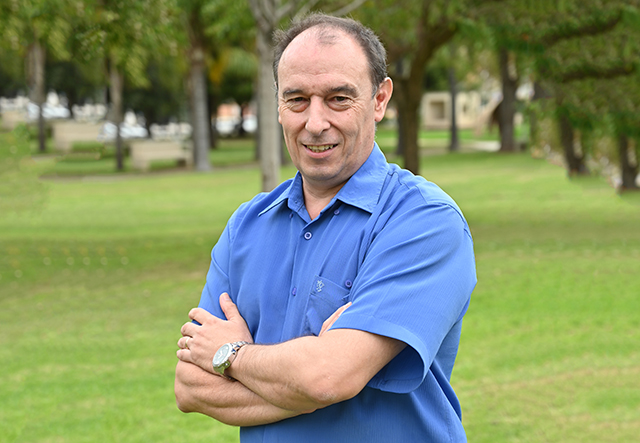
For her part, Professor Sandra Sendra has indicated that “the digitalization of the primary sector, the improvement of the sustainability of the sector and the more efficient use of available natural resources are aligned with several of the sustainable development objectives included in the 2030 Agenda. This has been one of the reasons we applied for this project, while giving continuity to the projects we are currently working on.”
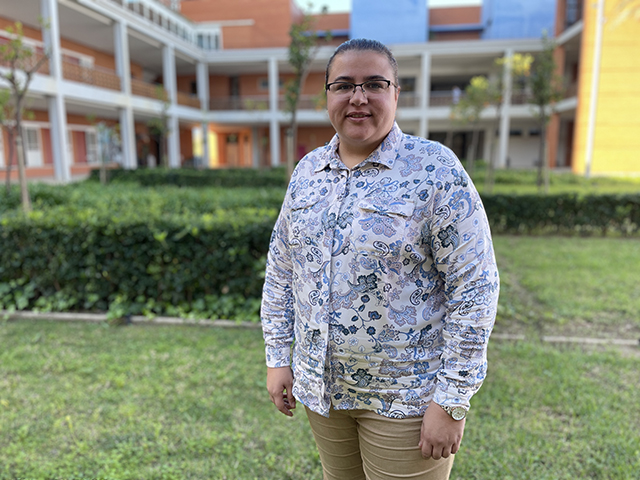
Digital agriculture, new tools for optimal management of the agricultural process
Digital agriculture is being implemented all over the world, maximizing productivity and competitiveness and minimizing the impacts of the primary sector. A recent study estimates that only 25% of farmers in Europe possess a single element of precision farming, compared to 66% in the United States or 84% in Canada.
As far as Spain is concerned, it is one of the European countries with the smallest plots of land. This may be the reason holding back the adoption of digital agriculture. But if you want a strong, sustainable and competitive agricultural industry, it can only be achieved through digital transition understood as crop monitoring and the inclusion of smart solutions.
Source: Laida Frasquet Pascual, journalist from the Communication Department of the UPV
